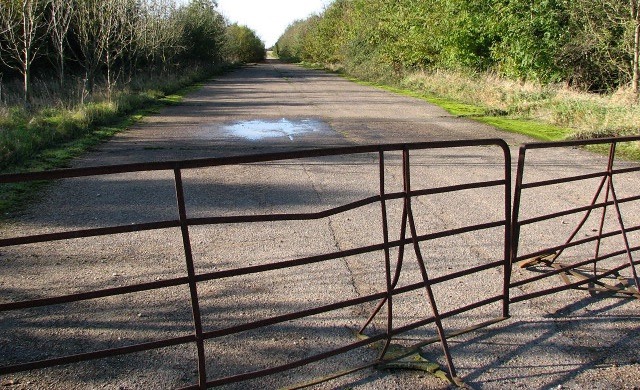Chesterton's fence

Chesterton’s Fence is the principle that reforms must not be made until the reasoning behind the existing state of affairs is understood.
An philosopher named Chesterton (wikipedia) was discussing reform and how to go about it. He used an example of a fence that was erected across a road. An ‘innovator’ might come across the fence and say, “This makes no sense. I can make a positive impact on the world by removing this fence”. Chesterton argued that he would let this innovator do no such thing until this person had figured out why this fence was put up in the first place. In doing so, he would have understood what use the fence had and only in light of that knowledge be allowed to destroy it.
It is a fascinating concept in that once you become familiar with it, you start seeing Chesterton’s fences everywhere!
One obvious application of it is in questioning progress. You might think this would be a controversial application, but it seems that more and more people are feeling the aftermath of the last decade or so of tech’s creative destruction that questioning the net benefit of technology isn’t so controversial any more. Progress should be our north star and we should remove more fences than we let remain, but we cannot do it in the face of a burgeoning resistance to it. To reduce the fallout of the creative destruction and to create more advocates, we need to understand what purpose the fence served and the historical context of the world we inhabit.
India’s recent de-monetization policy is a good example of this. The ₹1000 and ₹500 denominations of banknotes were made illegal overnight by decree, and announced to the country in a late night speech from the Prime Minister. The stated reasons were many – pushing towards digital payments, shrinking funds available to terrorists, removing a shadow economy to improve tax collection etc. The outcome has been terrible, although there’s plenty of spin in the media. Most of the harm fell upon the impoverished – for example, the under-banked who could not take time away from their jobs to exchange their “de-monenetized” cash in time and lost their lives’ savings (NPR’s coverage). The economy seems to be going into a tailspin as well (a former Finance Minister writes about this). In speaking with friends and family there, I gather enough first-hand anecdotes to believe that the removing the proverbial fence was short-sighted.